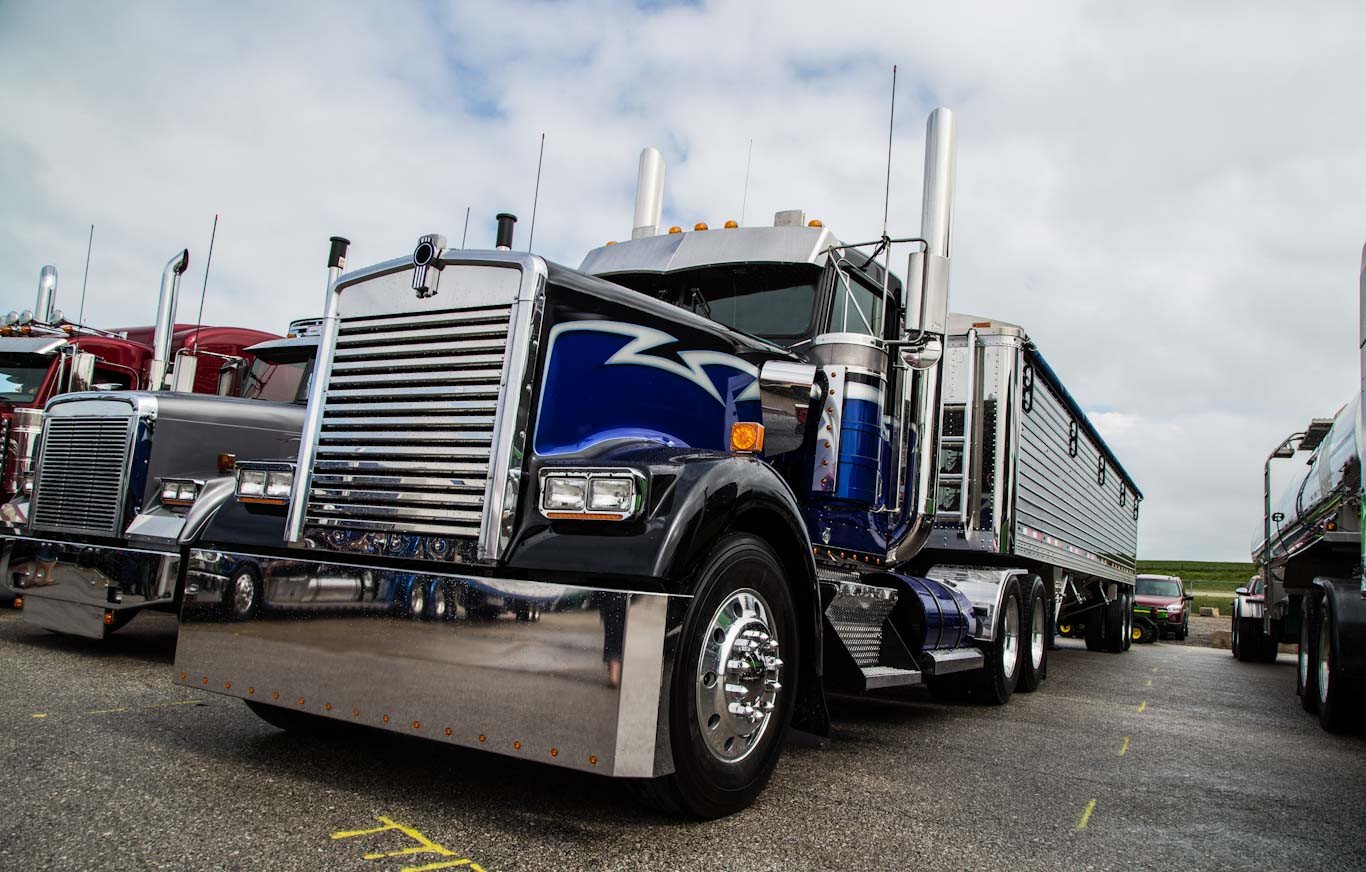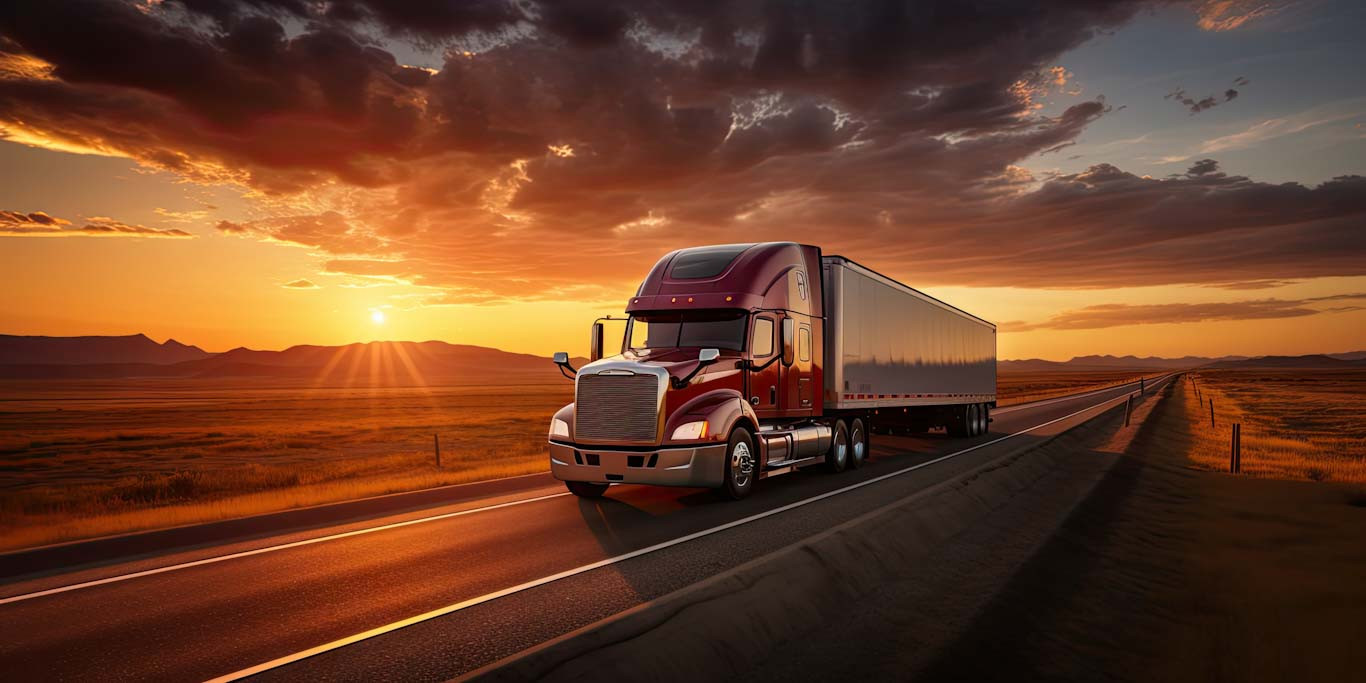What you need to know about flatbed trucking
Jun 25, 2019 in Tips and Tricks, SafetyFlatbed trucking is one of the most difficult types of truck driving, due to the heavy and unique shaped loads that drivers must secure and haul. However, there are many advantages in flatbed trucking such as higher pay, regular exercise and the ability to haul a very wide range of freight.
If you are considering the idea of becoming a flatbed trucker, we can help you out with the information you need to make an informed decision.

The more responsibility you have the more you get paid.
There are some reports that show flatbed truckers earn about $13000 more annually on average than dry van truckers. Like everything else, the earnings may vary. But the increased payment means you have to deal with more challenges and more work to be done. You have to anticipate more hands-on maintenance of secures and assist with loading and unloading freight.
And the flatbed freight is a different that dry van.
While dry vans haul mostly palatalized loads flatbeds haul a wide range of diverse loads. Pipe, I-beams, machinery, aluminum extrusions, steel coils and cable reels are only a few of the goods hauled by flatbed trucking companies.
It is fairly common for a flatbed to haul oversize and overweight loads. Generally speaking flatbed drivers with many years of driving experience handle the largest of all oversize loads, many of them being 12 feet wide and greater. This means…
You have to deal with some serious flatbed load securement.
This is the most vital skill you will need to learn. Flatbedding, more than any other type of trucking is about SAFETY. The rule is check in the first 50 miles then every 150 after that. The flatbed trucking company that you go to work for will train you and give you reference material to use. Make sure you ask questions and pay attention to everything you are taught. You can also find some pretty good videos on YouTube about securement and tarping.
And tarping can be a real pain in the butt sometimes
Wind is your worst enemy. If you are on top of a load spreading out a tarp and it’s really windy you have to be extremely careful. If the wind catches your tarp it will turn into a huge sail and blow you off your load. If there is a tarping station or machine available, use it. A strap pusher can help you adjust edge protection from the ground and limit the number of times you need to climb onto the load.
Flatbed trailers are different as well
A flatbed trailer is very light in weight and offers greater visibility than a box trailer but it has less traction when empty especially when the roads are wet or snow covered. If you see your trailer starting to jackknife simply let off the brakes and it will straighten out, never touch your trailer brake. Carry backups of everything. Extra straps, tarps, bungee cords and gloves. These items will fail and you don’t want to be stuck without them.
Don't forget about the insurance. We can take care of that. Simply take a free instant quote for flatbed trucking insurance here.



